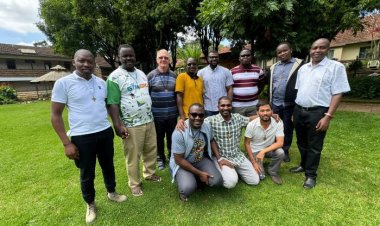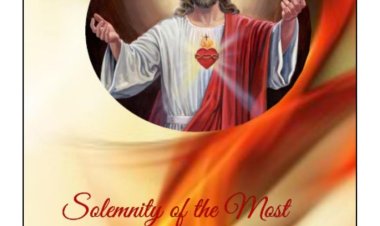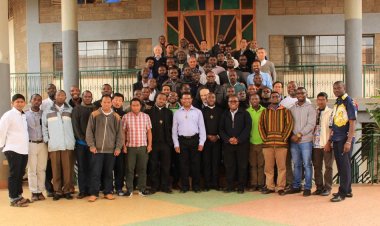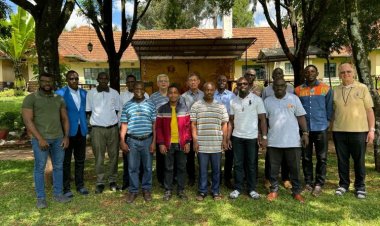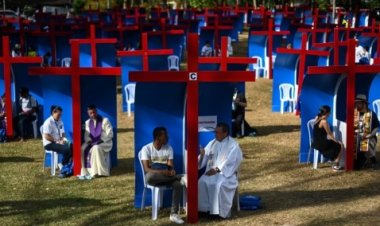The Solemnity of the Most Holy Body and Blood of Christ
From conformity to adoration
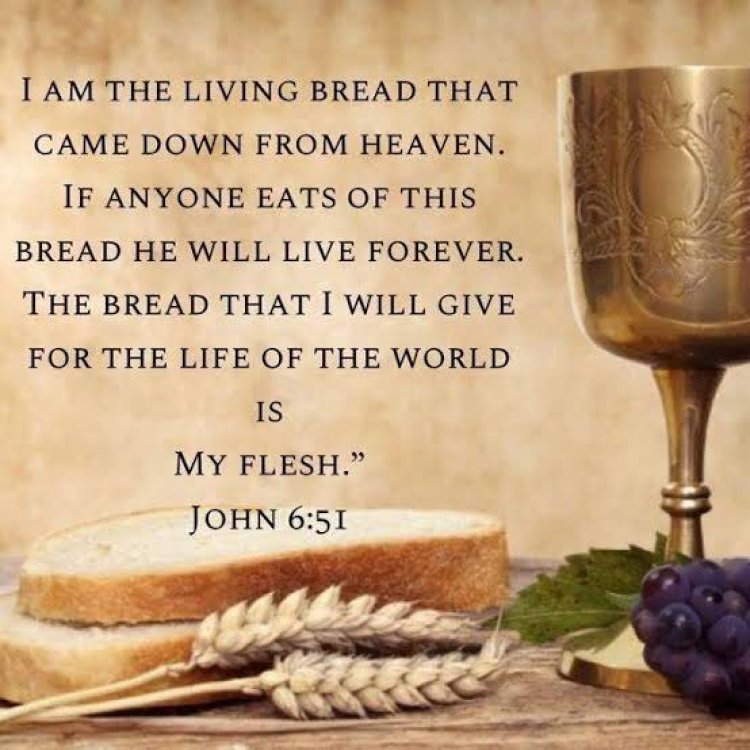
From conformity to adoration
The challenge to live “by conforming one's whole existence to Christ” is to be found in what we do so that the rite we celebrate every day as a feast (cf. C. 88) does not become reduced to a mere mímesis of what happened in the Upper Room, repeating the same external gestures of Jesus, but that it may be a real anámnesis, that commemorates while it actualises and makes present the fact that is remembered. This is possible to the extent to which the celebration leads to contemplation of the mystery that is brought about. In fact, “eucharistic adoration is simply the natural consequence of the eucharistic celebration, which is itself the Church's supreme act of adoration. Receiving the Eucharist means adoring him whom we receive.” …
Adoring God “not to see the world that surrounds us solely as raw material with which we can do something,”, but “to discover in it "the Creator's handwriting", the creative reason and the love from which the world was born and of which the universe speaks to us. Before every activity and every change in the world there needs to be adoration. …
For the Christian to adore God, is, above all to adore his Lord, “present in the Eucharist with flesh and blood, with body and soul, with divinity and humanity”. In the Eucharist Christ is not only bread to be eaten but love to be contemplated; indeed, without love given the eucharistic sign would have no reason nor support. “Indeed, we do not merely receive something in the Eucharist. It is the encounter and unification of persons; the person, however, who comes to meet us and desires to unite himself to us is the Son of God. Such unification can only be brought about by means of adoration. Receiving the Eucharist means adoring the One whom we receive. Precisely in this way and only in this way do we become one with him”. “No one” – Saint Augustine wrote – “should eat this flesh without first adoring it; we should sin were we not to adore it.”
As for ourselves, “called by that very consecration to more prolonged contemplation Jesus in the tabernacle wants us to be at his side, so that he can fill our hearts with the experience of his friendship, which alone gives meaning and fulfillment to our lives.”
How much therefore, dear confreres, I would like that among us there should be strengthened, and where necessary recovered, that eucharistic devotion, simple yet effective, so Salesian, that has in visits and adoration of the Blessed Sacrament one of its most precious and traditional expressions! Not only because I would like us to let ourselves be formed by the real presence of the Lord we adore, but because it corresponds to a characteristic feature of our charismatic way of life.
As we all well know, frequent reception of Holy Communion was one of the practices of piety to which the “eucharistic pedagogy” of Don Bosco gave priority in the education of his boys, and in the spiritual formation of the Salesians. “If time is limited, let us at least kneel before the tabernacle and a say a Pater, Ave and Gloria. This alone will steel us against temptation.” “For us sons of Don Bosco, the eucharistic presence in our houses is a reason for frequent encounters with Christ.” Is it not from Christ in the eucharist visited with perseverance that we “draw energy and endurance in our work for the young” (C. 88)?
Is it not in this way that we are “able to counteract the daily tensions which lead to a lack of focus and find in the Eucharistic Sacrifice – the true centre of their lives and ministry – the spiritual strength needed to deal with our different pastoral responsibilities. Our daily activity will thus become truly Eucharistic”.









